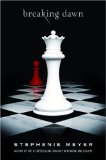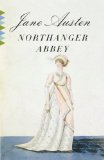Through the Internet Archive’s audio offerings, I found LibriVox has a free audio version of Jane Austen’s Persuasion, which some of you might remember I’m currently reading. The reader is Moira Fogarty.
Visit the site to download the book, or check out this embedded version:





